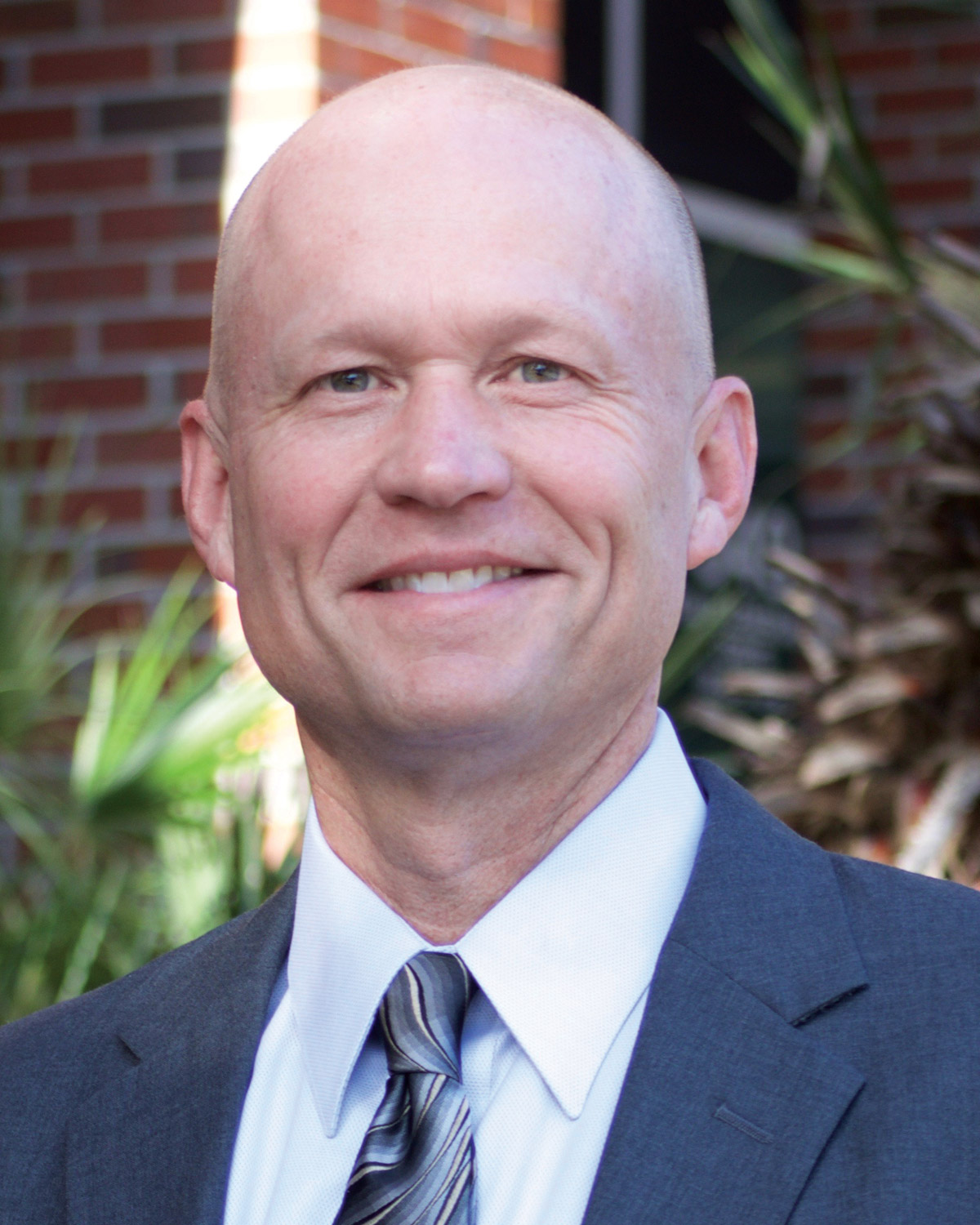Tim Townsend, Ph.D.
Jones Edmunds & Associates Professor
Herbert Wertheim College of Engineering
2024 Awardee
Tim Townsend’s solid- and hazardous waste management research has had monumental impacts on local and national policymaking. Throughout his nearly 30-year tenure at the UF, Townsend has received over $13 million in research funding from national, state and local government agencies. His research concentrates on sustainable materials management, waste treatment, recycling, and waste characterization.
Townsend has authored more than 270 refereed journal publications on a variety of environmental topics including bioreactor landfills; the challenge of per- and polyfluoroalkyl substances known as “forever chemicals”; the beneficial use of industrial byproducts; and the life cycle impacts of waste management strategies. One of his recent publications explored the costs and benefits of modern-day recycling programs. He and a colleague found that under most market conditions, recycling programs cost more than landfilling all waste. However, the cost was found to be modest and the environmental benefits provide a return on investment that is much greater than other common sustainability initiatives.
In 2021, Townsend received the prestigious Richard I. Stessel Waste Management Award from the Air and Waste Management Association for his achievements in inventive approaches, treatment methods, recycling endeavors, reuse initiatives, and scientific expertise.
He was recently appointed executive director of the Hinkley Center for Solid and Hazardous Waste Management, an effort funded by the Florida Legislature.
Townsend is a widely cited expert whose research supports key decision makers in their efforts to promote sound materials management practices, says Kirk Hatfield, a professor and director of the Engineering School of Sustainable Infrastructure & Environment.
“While Dr. Townsend’s research area encompasses multiple topics related to sustainable materials management, he is an international expert on topics such as sustainable landfill operation, construction and demolition debris, and environmental hazards posed by electronic waste,” Hatfield says.


